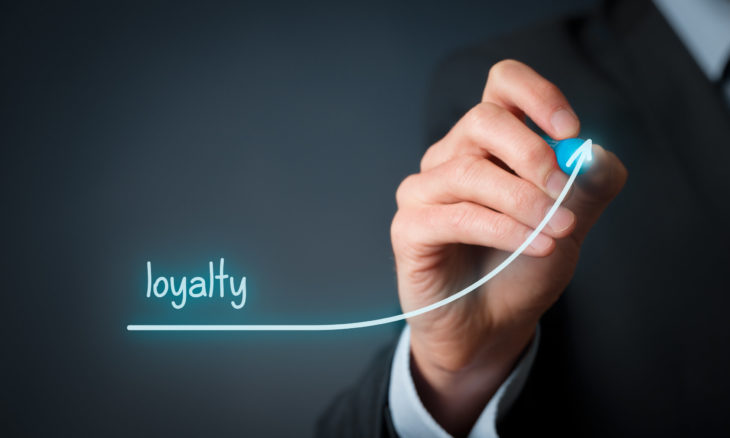Business buyers are highly dependent on their suppliers, for the success of their own businesses. Companies need reliable support systems, services and deliveries—consider the current supply-chain crisis. Once in place, companies avoid changing vendors as much as possible.
So, when you think about loyalty and retention in the B2B world, the loyalty is baked into the business model. If the seller delivers a good product or service, on time, at a reasonable price, offers new ideas and solutions, and becomes a trusted partner, that’s what will keep the competitors at bay.
Taking a page from consumer marketing, and their own experiences as buyers, some business marketers will look at loyalty programs—points, rewards, status and the like, on the assumption that this will be a way to further lock in their vendors and fend off competitors.
But, I say, don’t bother. Your vendors are already locked. In fact, rewards programs don’t work in B2B, for two key reasons.
First, most companies, especially medium-to-large enterprises, have very strict rules against their buyers’ taking any financial consideration from a vendor. The limit might be $25. Or zero, not even lunch. So, any meaningful personal reward is out.
Second, purchase decisions are made by a group, and it’s near impossible to know exactly who is involved, not to mention how logistically to pass along the reward. One workaround is to provide the reward at the account level, like a discount or special terms—but that’s more likely going to be part of the end-of-funnel negotiating process anyway.
There are some exceptions in the small business arena, and in product categories that cross the line between business and consumer. Staples office products, for example, runs a thriving Rewards program. Credit card issuers all offer business rewards cards. Another exception is engagement (versus purchase) rewards like IBM’s VIP program, where users earn points for sharing content and giving reviews. But keep in mind, rewards programs are remarkably expensive to run and maintain. Verizon gave up on its business rewards program last year.
There are better ways to go. Here are the loyalty marketing strategies that work best in B2B.
- Segment your customers by value and differentiate your treatment of them. Consider the meaning of “value” carefully. It’s not necessarily topline revenue or even bottom-line profit. Which accounts are growing? Which operate in markets you seek to penetrate? Look to the potential for the future, not the present.
- Identify and deliver on the differentiated treatments that are likely most valued by the customers. It’s usually not price. It will be about ease of doing business with you, and the degree to which you help them grow, gain efficiencies and attain their own business goals.
- Build, and deepen, your customer relationships. It’s axiomatic that business buyers are still human, despite their buying on behalf of their companies. People want to do business with people they like and trust. This is why salespeople become friends with their customers. And marketing people set up ongoing outbound contact strategies. This is also why some of your best customers are people who take you with them when they change jobs.
Loyalty marketing in B2B surpasses mere marketing. It’s a strategic effort, and involves everyone in the company, at all levels, especially the top. I remember when Lou Gerstner joined IBM in 1993, he didn’t even come into the office for the first couple of weeks. He was on the road, establishing his own relationships with top customers.
Forget loyalty programs. Go for values like convenience, reliability, trust and partnership. That’s where you’ll find your competitive edge.






